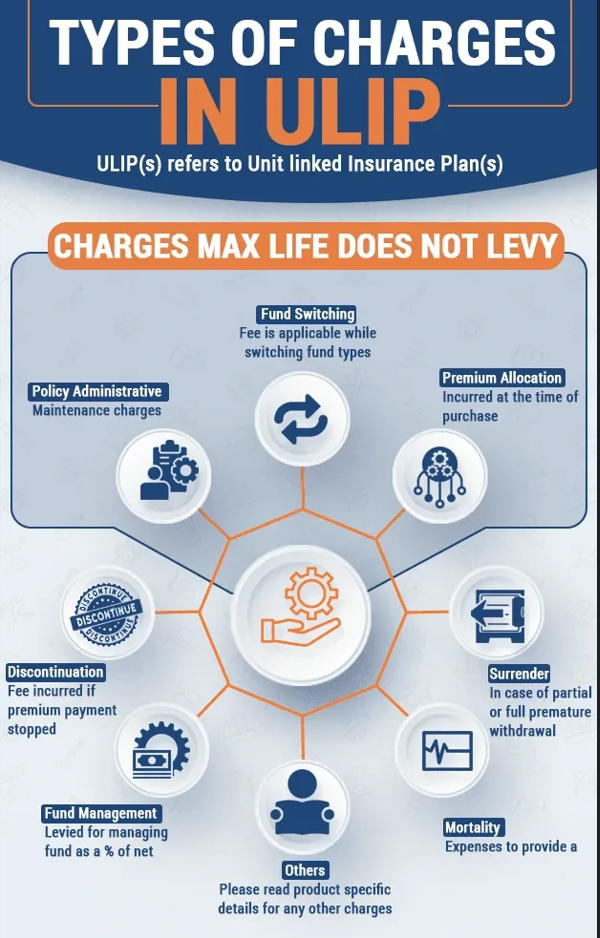Estimating Total Investors in India
SEBI Investor Survey 2015 (SIS 2015) attempts to generate a deep understanding of retail investors and to also gain insight into why so many of those households who can potentially invest in the securities markets, do not. To support this key objective, a random sample would obviously not provide the desired investor and non-investor mix.
Thus, the initial listings sample and the final survey sample use a detailed and unique targeted sampling process, which is skewed towards localities with a higher number of demat accounts. This ensures that the survey’s sampling technique is exclusive and directed at generating accurate insights. Consequently, incomes in the listings exercise are, on an average, three times the city average and this survey cannot be compared to either earlier investor surveys or with other surveys that use random samples.
As a first step in the SIS data collection effort, a set of 2,04,694 households were listed and basic information about demographics, income, savings and investments were collected. In the second step, a subset of 50,453 amongst these listed households were chosen to conduct the final survey.
In light of the statistical law of large numbers, the listings data was used to create an estimate of the total number of investing households in India at the end of the 2015. Using a bootstrapping methodology to project the total investor households using distinct projection values for rural and urban surveys, by state, it was estimated that there were a total of 3.37 crore investor households in India.
Of these, 70% (2.37 crore) reside in urban areas while the other 1 crore were rural households.
Among these, mutual funds were the most popular investment instrument and nearly 66% (or 2.2 crore households) were investors.
There were an estimated 1.9 crore households which invested in equities and 77 lakh households which invested in bonds (public, private and PSU). Among derivative instruments, there were 30 lakh equity and currency derivatives investors and 21 lakh investors in commodity futures. Amongst the equity investors, about 18 percent (or 33 lakh) had invested in the primary (IPO) markets.
It is obvious that since the last survey was conducted in 2008-09, the effects of the financial crisis have been felt in India and many investors opted to leave the markets in the height of the crisis.
However, with a rise in consumer confidence, investor expectations and the indices, the retail investor has returned with percentage figures reaching back to levels seen in the last survey. This is also supported by the SIS data, which observes that 50 percent of the securities markets investors have started investing in the last five years. Additionally, due to a rise
in the number of households, the total number of investing household has increased significantly.
While these estimates can throw some light upon the total number of investors, these are approximations from a survey, which uses targeted sampling (essential for the purposes of this survey, as mentioned above) and thus, cannot be considered a perfect representation of ground realities.
To answer that question and quantify the exact number of investors in India, SEBI is undertaking a large scale de-duplication of demat accounts and mutual fund folios across depositories, linking these accounts back to the unique PAN numbers of investors. This will allow for a definitive and complete investor count. However, an estimate is also being provided here to provide an indication of the breadth and trends in investing.































